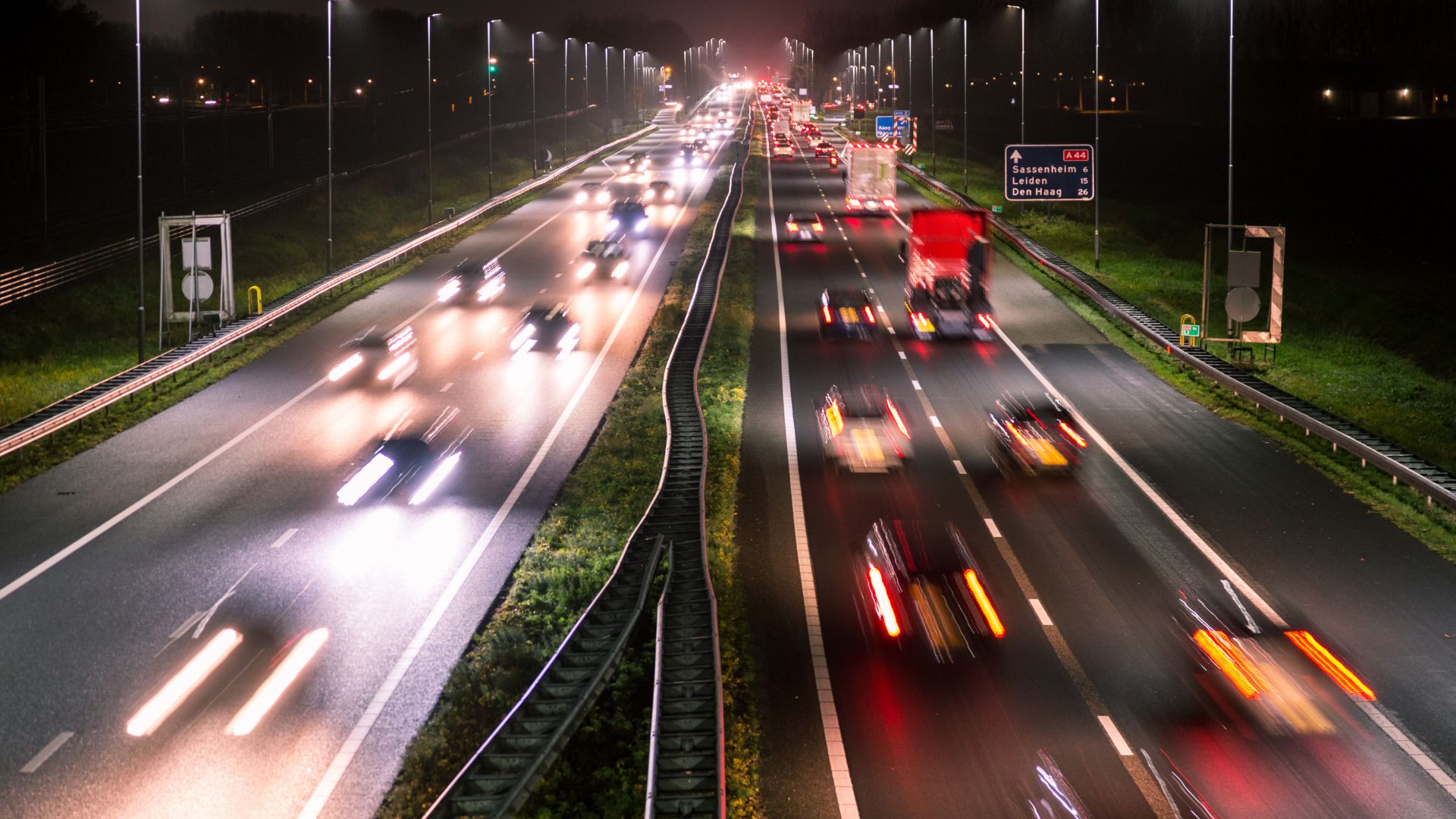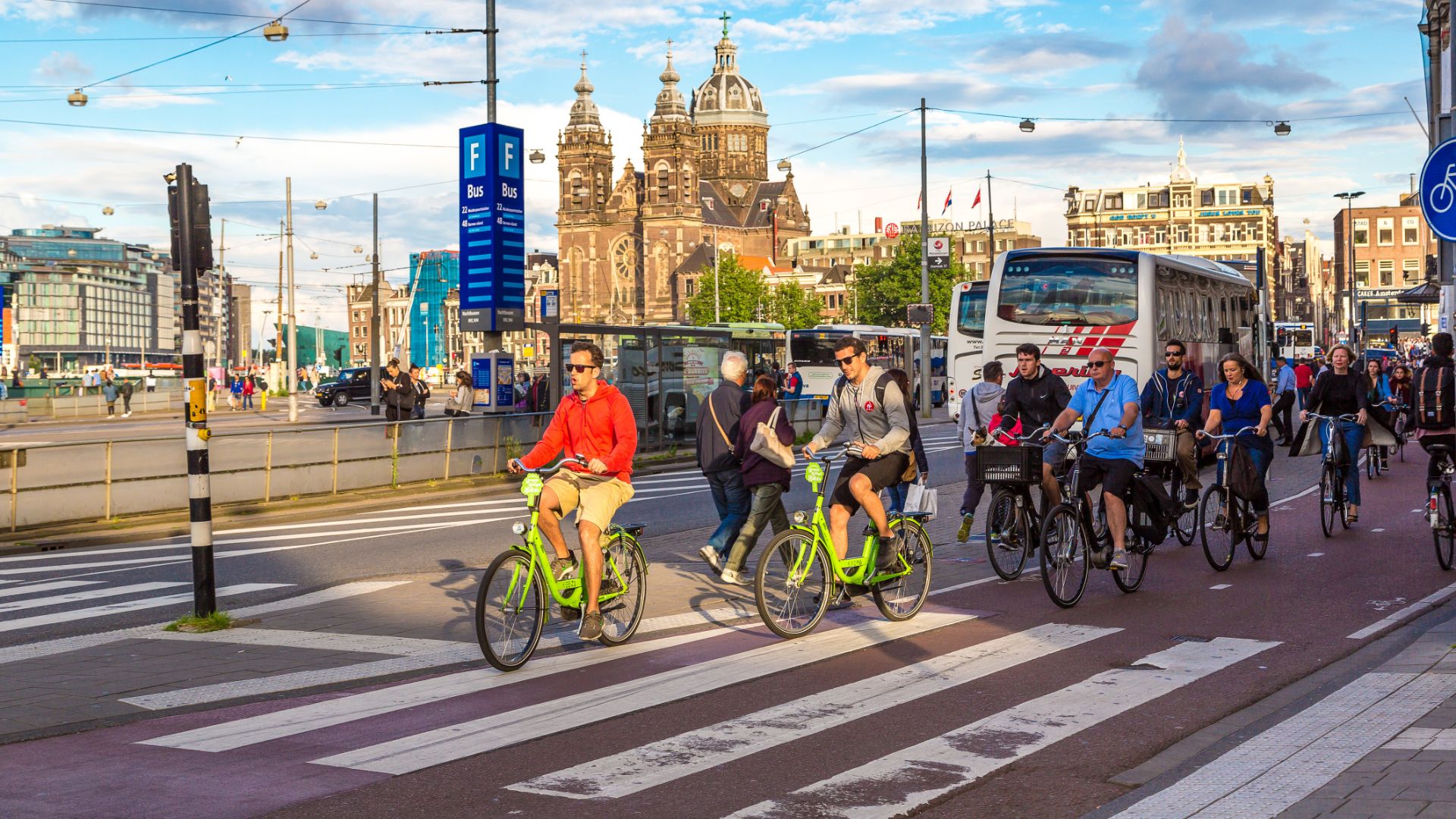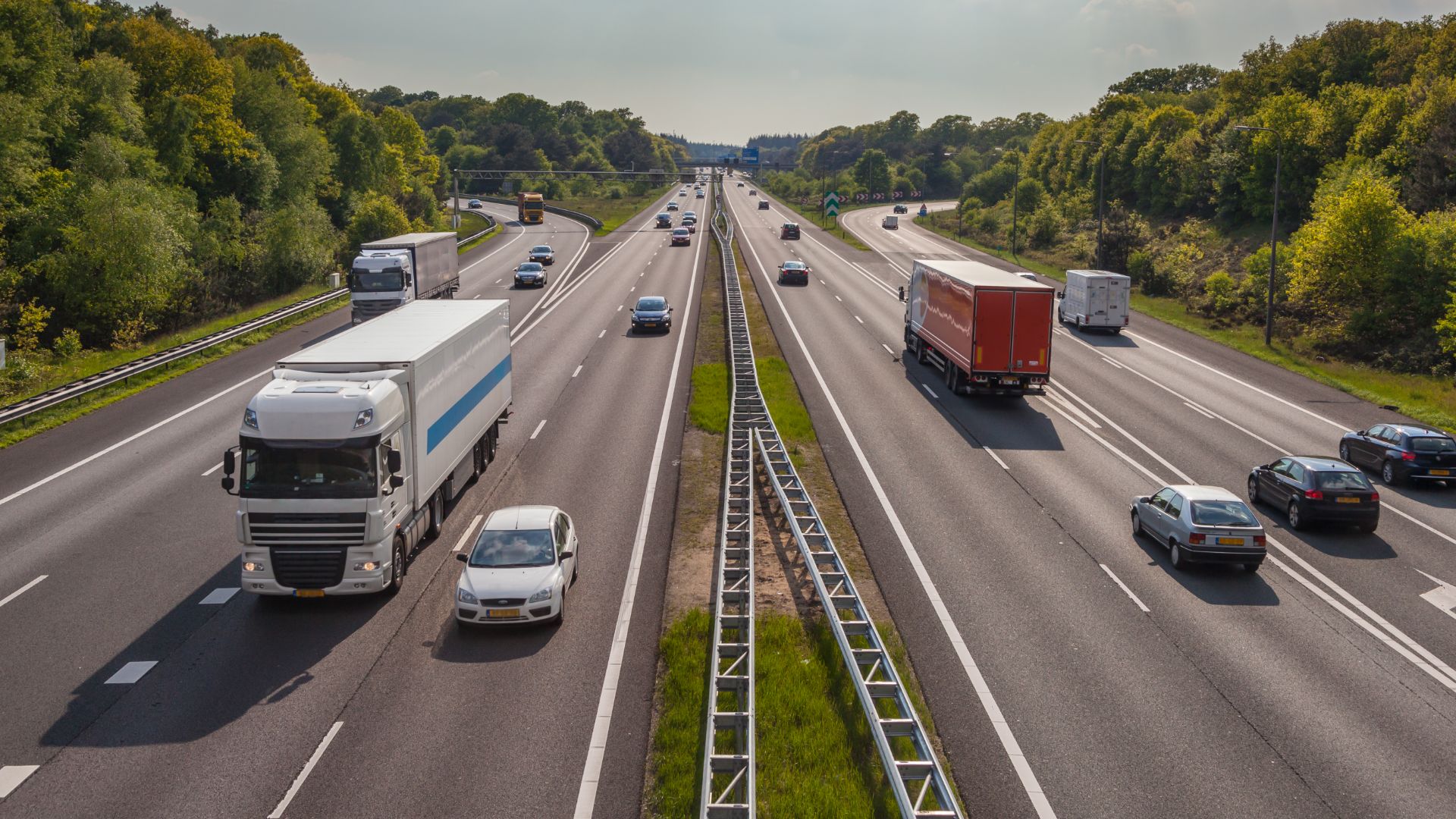
The prime minister of the Netherlands, Mark Rutte, has announced the country’s speed limit will be reduced to 62mph (100kph). The move is intended to cut nitrogen oxide NOx emissions
The revised limit will be introduced next year, although the current 80mph (130kph) maximum still applies at night, between the hours of 7pm and 6am.
The Netherlands has been in breach of European Union rules regarding NOx emissions for some time. The move is a part of a variety of emergency measures to try and bring these emissions down.
As well as cars, the Netherlands can trace its NOx output to livestock farming, trucks and construction.
Emissions in the Netherlands
At present levels, the EU could have been hamstrung the country’s construction and agriculture processes in order to curb emissions. The government has plans to build 75,000 homes next year and such projects could meet significant resistance without prior action.
“No-one likes this,” said Mr Rutte, “but there’s really something bigger at stake. We have to stop the Netherlands from coming to a halt and jobs being lost unnecessarily… I’m incredibly disappointed, it’s terrible. But otherwise people would have lost their jobs by Christmas. And I would not have been able to look myself in the mirror.”

This comes shortly after German ministers rejected the proposal for a speed limit on autobahns, also spurred on by pollution concerns. German Transport Minister, Andreas Scheuer, said the proposal was “against all common sense”.
Other measures to reduce emissions in Holland included a total ban on driving on Sundays.
ALSO READ
Car tyres a ‘stealthy source’ of ocean pollution